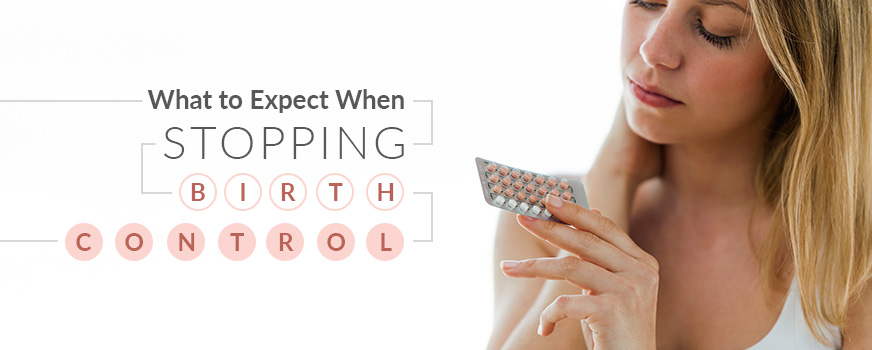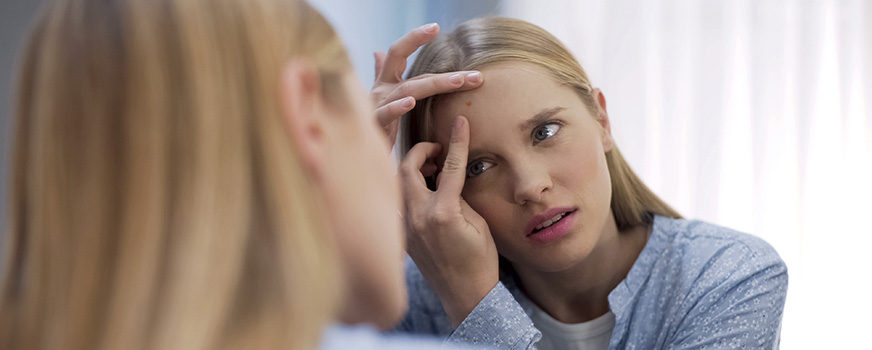
Hormonal birth control is a common way to prevent getting pregnant, but what about when you want to get pregnant or you want to stop taking birth control for other reasons? How does stopping birth control affect your hormones, ability to conceive, or overall health?
Let’s talk about how hormonal birth control works and some common side effects to expect when stopping birth control.
How Does Hormonal Birth Control Work?
There are many forms of birth control, including birth control pills, IUDs, shots, vaginal rings, patches, and implants. Some birth control methods, like copper IUDs or diaphragms, don’t use any hormones to prevent pregnancy. These methods can be extremely effective and work great for people who can’t or choose not to use hormonal birth control.
When talking about what to expect when stopping birth control here, though, we will be focusing on hormonal birth controls, such as the common birth control pill.
Most hormonal birth control methods contain levels of estrogen and progestin, two hormones that are responsible for fertility. By altering the levels of estrogen and progestin in a woman’s body, birth control can stop the body from ovulating, change the cervical mucus to make it harder for sperm to get through the cervix, or change the lining in the womb so an egg doesn’t attach. In other words, hormonal birth control can cause you to not ovulate at all or if you do ovulate, make it harder for an egg to attach and become fertilized.
Because these birth control methods alter the levels of hormones in your body, you’ll often experience some side effects when you start and stop taking birth control. Let’s look at these side effects in more detail.

Side Effects of Stopping Birth Control
Whether you stop taking birth control in the middle of a pack or you end a pack and don’t start another, you’ll likely get your period a few days after stopping. This is the first thing to expect when stopping birth control. Because birth control affects your hormones, your period may be irregular for the first few months and you might experience spotting or cramps. In addition, you can get pregnant almost immediately after stopping birth control.
In addition to irregular periods for the first few months, these are some of the other common side effects when stopping birth control:
- Hormonal acne
- Mood swings
- PMS
- Heavier periods
- Weight loss
- Minor hair loss for about 6 months
- Increase in androgen that affects hair growth
- Lower vitamin D levels
- Increased libido
Most of these side effects are due to the body’s hormonal changes. For example, some women may lose weight after stopping birth control because the estrogen in the pill can cause water retention and larger breasts. Stopping the birth control that caused these side effects can reverse them, as well.

Many women who stop taking birth control wonder about their fertility and menstruation. As mentioned, you can get pregnant right after you stop taking the birth control pill (it will take longer for women who are getting birth control shots).
Another consideration if you’re stopping birth control to get pregnant is that after stopping, you may have lower Vitamin D levels. Having high Vitamin D levels is critical for maintaining a healthy pregnancy, so talk to your doctor about taking a Vitamin D supplement after stopping birth control if you are trying to get pregnant. If you are struggling to get pregnant even after stopping birth control, there are many other ways to grow your family.
Every woman’s body is different and stopping birth control may look different to everyone, but these are a few of the most common side effects after stopping birth control. Understanding how hormonal birth control works and how it affects your body is important for your overall health, fertility, and ability to get pregnant.



